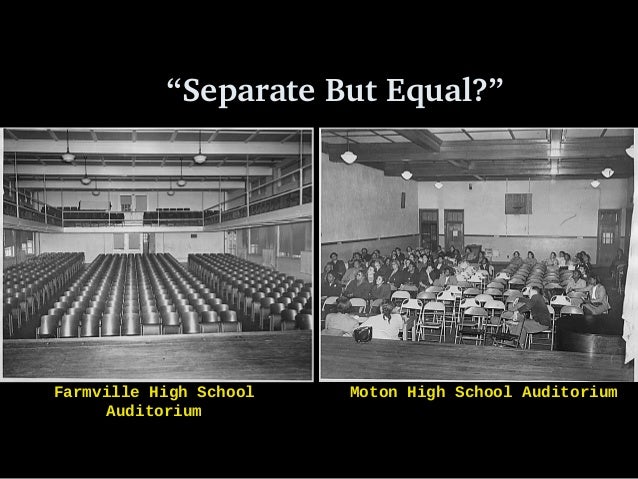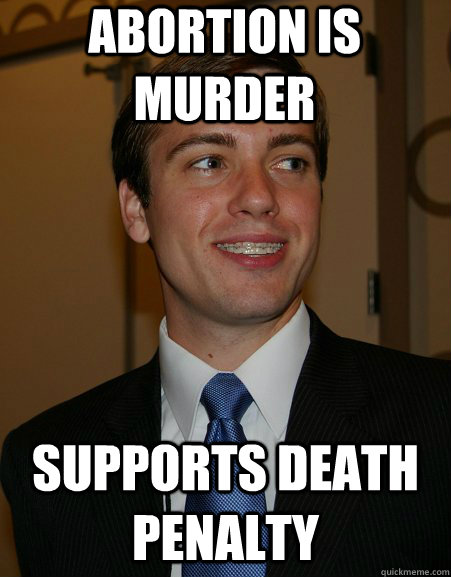On page 101 of TKAM (To kill a mockingbird) , Atticus said "Tell you Atticus," cousin Ike would say, "the Missouri compromise was what licked us, but if I had to go through it agin I'd walk every step of the way there an' every step back jist like I did before an' furthermore we'd whip 'em this time ... now is 1864, when Stonewall Jackson came around by-- I beg your pardon young folks. Ol' Blue Light was in heaven then, God rest his saintly brow..."
This quote really highlights what people did and had to go through at this time. The Missouri compromise an attempt to bring together all the rivalry states under the slavery- and non slavery parts. The time was about 1820. People were going through trials and tribulations that now seem unbelievable.
Atticus was telling Jem and Scout about previous events. What cousin Ike said can be viewed as either right or wrong, it depends on the criteria. As the text states "... But if I had to go through it agin I'd walk every step of the way there an' every step back..." To me this is showing perseverance which is key in order to accomplish something. However by the same token the text states, "... An' furthermore we'd whip 'em this time..." This can be taken in a positive or negative manner. This shows that cousin Ike wanted to do what was right in his opinion, but this could've overall been wrong.
I don't think their is a true way to "make the situation right", it's mainly opinion based. During the time period, laws and regulations were viewed as "equal" but were they really? Further on in history, around the Jim Crow laws period, "separate but equal" was the motto. At this point slavery was over, but African-Americans and anyone who did what they could to help had to endure so much. Today, times are much different.

For instance, in this day and age, their is no segregation so people of different races are able to attend the same schools. In my perspective, racism still exists and will continue to go on. Stereotypes are made about practically every race, that's just how society works. I'm not saying that I agree with the comments that are made, but a nationwide problem like this is going to take a lot of effort in order to fix.
Currently the #prayforparis has become very popular and known. The ISIS attacks have effected many people all around the world and people in Paris are facing many tragedies and going through tough times. Hopefully, times get better and they can recover from everything that they are going through.
-Lezi M. Truesdale















